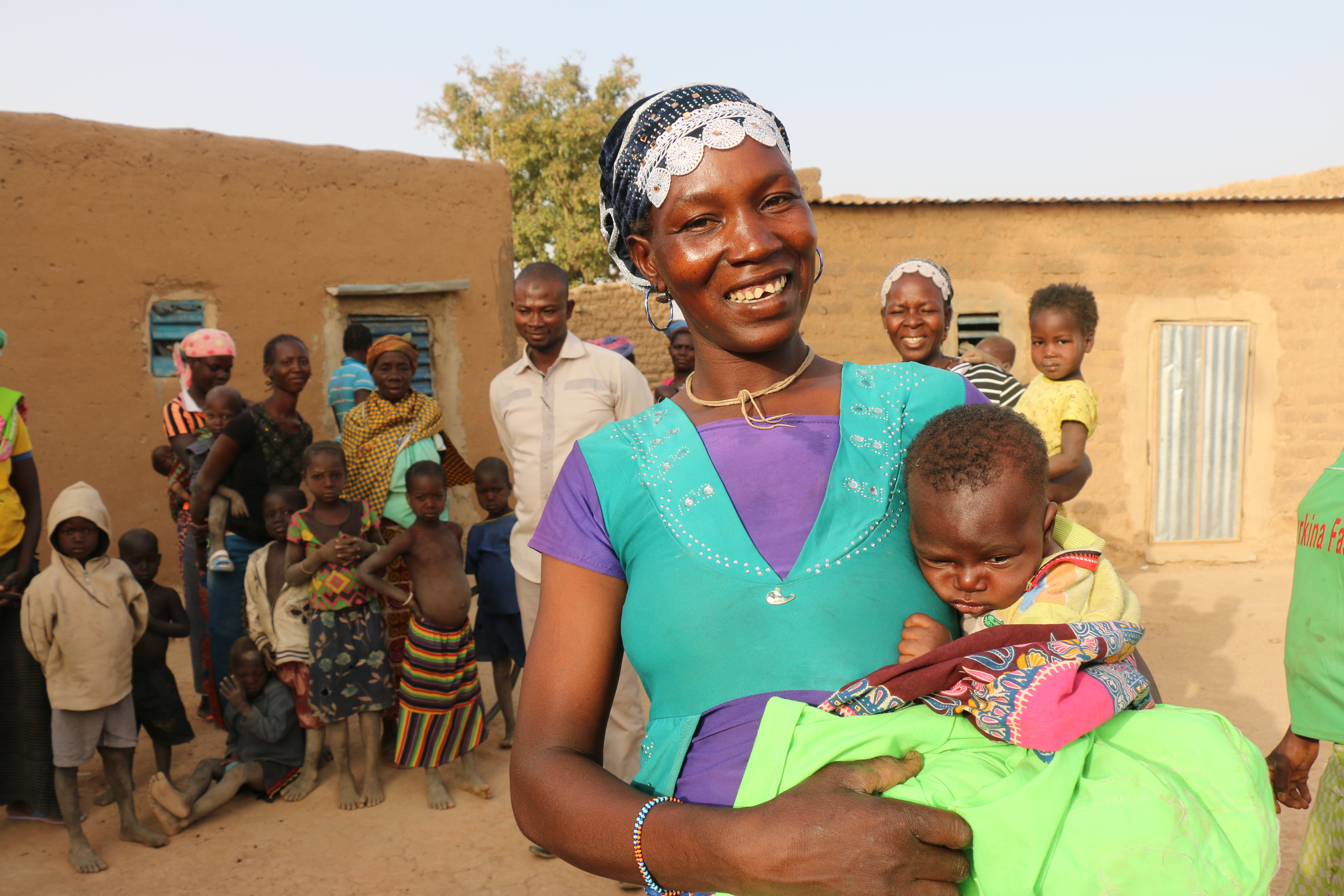
Researching the effectiveness and cost effectiveness of new food products
Summary
The USAID-funded Food Aid Quality Review (FAQR) was a multiyear study to examine the nutritional needs of beneficiary populations across the developing world and the nutritional quality of commodities currently available to meet those needs. The FAQR sought to provide USAID and its partners with actionable recommendations on ways to improve nutrition among vulnerable people for whom the direct distribution of food aid can make a significant impact. In Burkina Faso, the FAQR study documented findings on the effectiveness and cost-effectiveness of supplementary foods in the prevention of malnutrition in children in the area where the USAID-funded Victory against Malnutrition (ViM) Title II project was implemented by ACDI/VOCA.
Under this study, ACDI/VOCA worked with Tufts University and Save the Children to assess the effectiveness and cost of four supplementary foods for the prevention of moderate acute malnutrition and stunting in Burkina Faso. The FAQR was implemented in three phases for a total of $2.3 million in USAID funding. ACDI/VOCA operated under the FAQR from June 2013 to February 2018. Under Phases I and III, ACDI/VOCA was a subawardee to Tufts University. Under Phase II, the FAQR study was temporarily funded as a separate component of the ViM project in Burkina Faso, with Tufts University as a subawardee.
The study was implemented in Kaya, Pissila, Barsalogho, and Namissiguima communes of the Sanmentenga Province, ViM’s area of intervention. Approximately 5,000 children, ages six to 23 months, participated in this cluster-randomized, controlled effectiveness trial. These participants were selected from the ViM project’s enrolled beneficiaries. The supplementary foods tested included Corn-Soy Blend Plus (CSB+), CSB14, Supercereal Plus, and Ready to Use Supplementary Food (RUSF).
Objectives
- Reach consensus on optimal formulation, enrichment, and fortification for selection of P.L. 480 Title II commodities to be used to address moderate acute malnutrition and stunting
- Generate recommendations for improving the nutritional quality of Title II food aid and for informing distribution programming and the processes that support that programming, from procurement to delivery
Activities and Approaches
- Technical oversight and management of the distribution of the four supplementary foods, in partnership with Save the Children
- Comprehensive review of the nutritional needs of P.L. 480 Title II beneficiaries in the context of existing available dietary resources, including other enriched, blended, and/or fortified foods and micronutrient supplements
Anticipated/Achieved Project Results
- Enrolled 6,112 children in the study
- Completed the study of 5,024 children for the full period of ages six months through 24 months
- Developed appropriate behavioral messages related to each of the food types; examined how these messages were delivered through care groups, health care workers, and others helping beneficiary mothers; and reinforced information on nutritional supplements
- Assisted with the distribution of food in the four target communes
- Examined the effectiveness and cost-effectiveness of four supplementary food aid commodities
Funder: USAID/Food for Peace and Tufts University
Contact: Lucas Valente da Costa, lvalentedacosta@acdivoca.org





